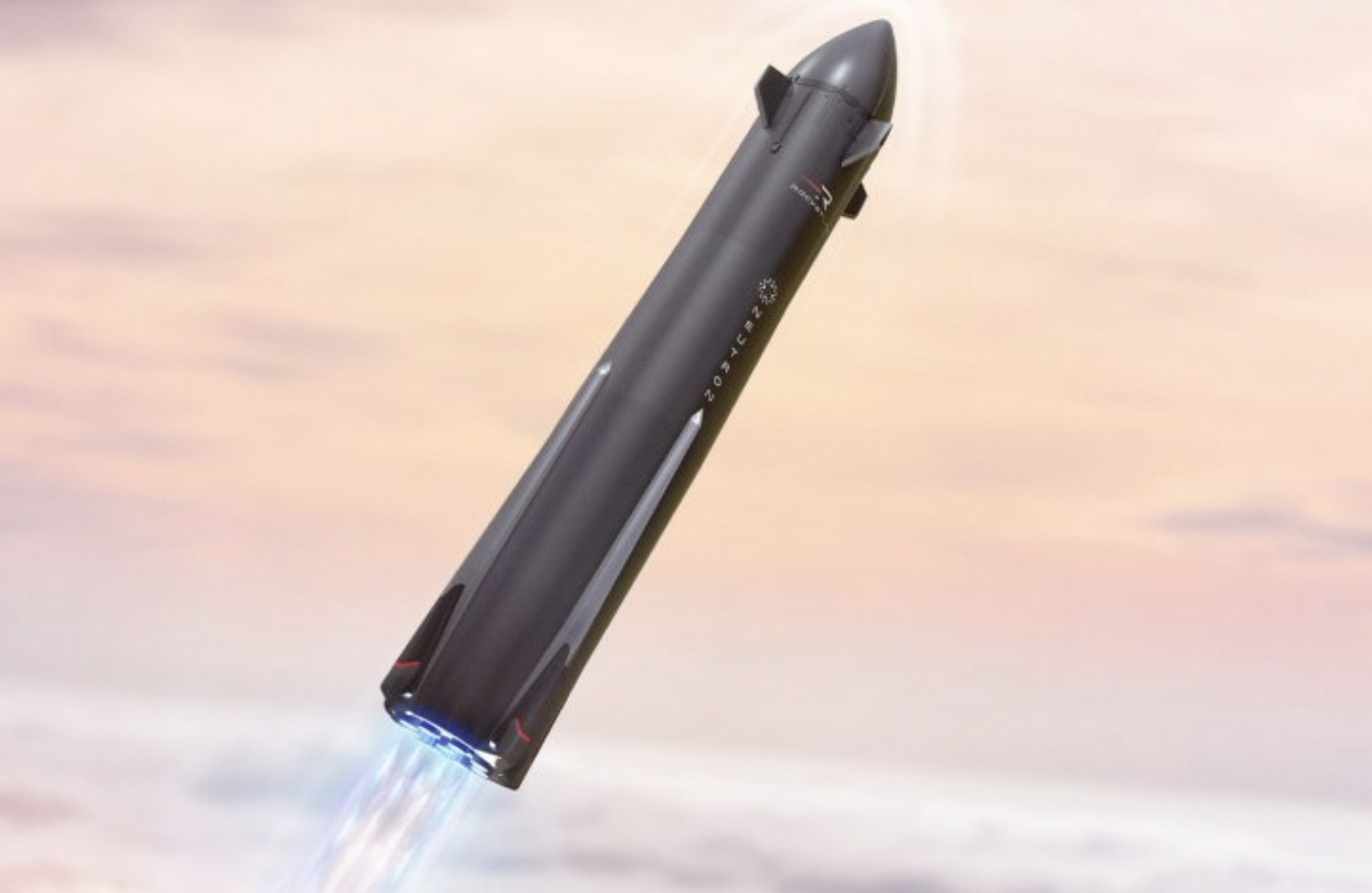WASHINGTON — Rocket Lab has delayed the first launch of its reusable Neutron rocket to 2026, saying it wants to maximize the chances that the flight will be a success.
The company disclosed in its third-quarter financial results Nov. 10 that it now expects the first Neutron to be on the pad at Launch Complex 3 in Virginia in the first quarter of 2026, “with the first launch thereafter,” it stated.
Rocket Lab had been working toward a first launch before the end of this year. In February, after a report by a financial firm suggested Neutron’s debut could slip to as late as mid-2027, the company defended its 2025 target. By August, Chief Executive Peter Beck said the company was working “extremely hard” to fly Neutron this year but would need a “green-light schedule,” or one with no setbacks, to achieve that.
Beck, speaking on a Nov. 10 earnings call, did not cite any specific issues that caused the latest delay. Instead, he said the company was taking a meticulous approach to testing Neutron before its first flight.
“With all of the hardware in front of us now and significant testing programs underway across all parts of the vehicle, we can say we need a little bit more time to retire the risks,” he said. That approach, he added, reflects the “Rocket Lab process,” in which “our hardware is always looking beautiful and, more importantly, always working beautifully.”
That involves extensive ground testing of integrated systems down to individual subcomponents, he explained, from the Archimedes engines that will power Neutron to the vehicle’s distinctive “hungry hippo” payload fairing, which remains attached for reuse.
“We’ve seen what happens when others rush to the pad with an unproven product, and we just refuse to do that,” Beck said. He reiterated that the company’s goal is to reach orbit on the first Neutron launch. “You won’t see us minimizing some qualifier about just clearing the pad and claiming success.”
While Rocket Lab is now projecting Neutron will be on the pad in the first quarter of 2026, Beck said he could not be more specific about when it will actually launch. “It really depends on what you find” during testing, he said, including a hot-fire test of the first-stage engines. If those tests uncover no major issues, “then it’s a fairly straightforward path.”
“I’m suspicious if everything just flies through,” he added. “Generally, you expect to see something.”
Beck said the latest schedule shift will have “insignificant” long-term financial impacts. However, the cost of developing Neutron has grown from earlier estimates of $250 million to $300 million. Adam Spice, Rocket Lab’s chief financial officer, said the company will have spent $360 million on Neutron development through the end of 2025, including about $15 million per quarter for workforce costs.
Overall spending on Neutron will “hopefully” peak in the fourth quarter of this year, Spice said. “It all depends on the timing of that first launch.”
Billion-dollar war chest
Despite the delay, Rocket Lab shares rose more than 8% in after-hours trading Nov. 10. Investors appeared to respond to strong quarterly results, including record revenue of $155 million for the third quarter. The company projects $592.1 million to $602.1 million in revenue for the full year.
Rocket Lab shares have surged more than 150% in the last six months. The company took advantage of the rise with an “at-the-market” sale of shares in the third quarter, raising $468.8 million. It now holds a little more than $1 billion in cash and equivalents.
Part of those funds will be used to complete Rocket Lab’s planned acquisition of Mynaric, a German optical communications terminal manufacturer, announced in March. The deal has not yet closed amid questions over whether the German government will approve the sale to a U.S. company.
On the call, Beck expressed confidence the Mynaric acquisition will move forward. Mynaric completed a financial restructuring in August, “which was a pivotal moment in the acquisition process,” he said. “Rocket Lab has been a force multiplier for the U.S. space industry, and we’re ready to bring that same energy to the European space sector with our first foothold and expansion into Germany.”
Beck said the company also has an active pipeline of potential acquisitions that could be financed with its new capital. He declined to name specific targets but said they range from “tuck-ins,” or companies offering specialized capabilities, to larger, more strategic deals.
“We’re always looking for big, needle-moving stuff,” he said. “We always look for things that we think have a step change in the scale or other elements of the company.”
